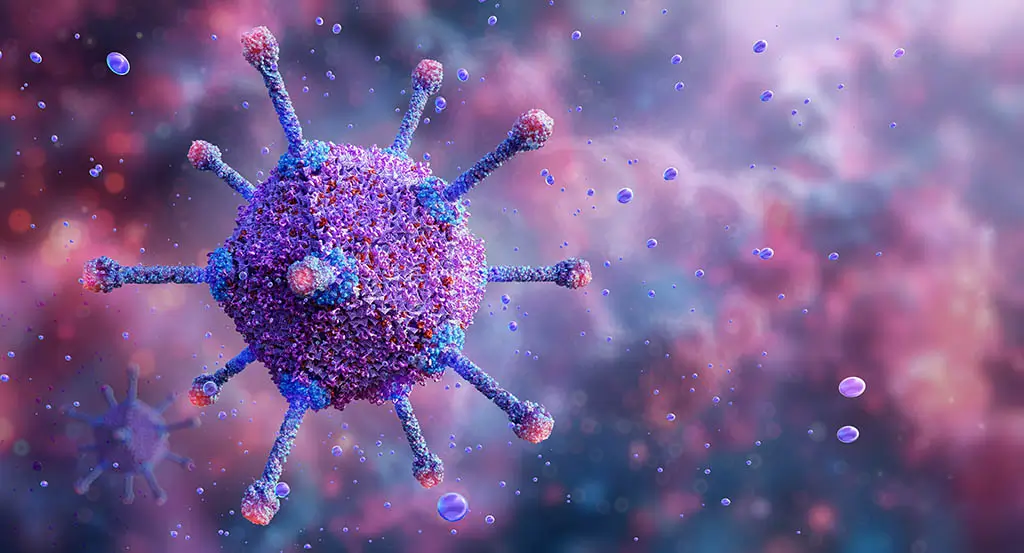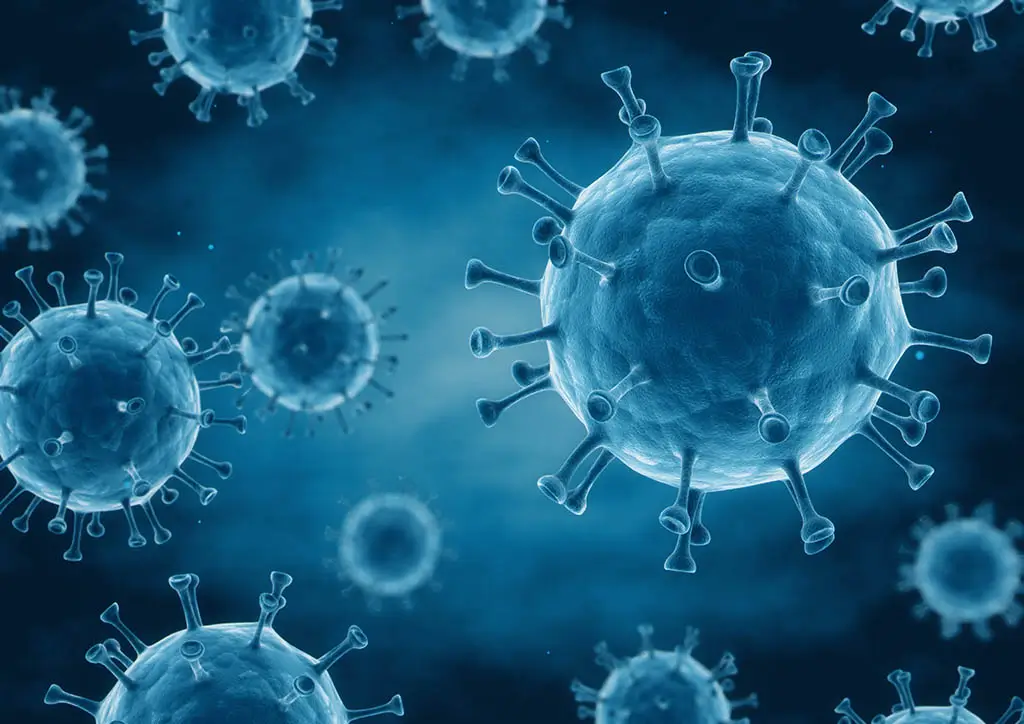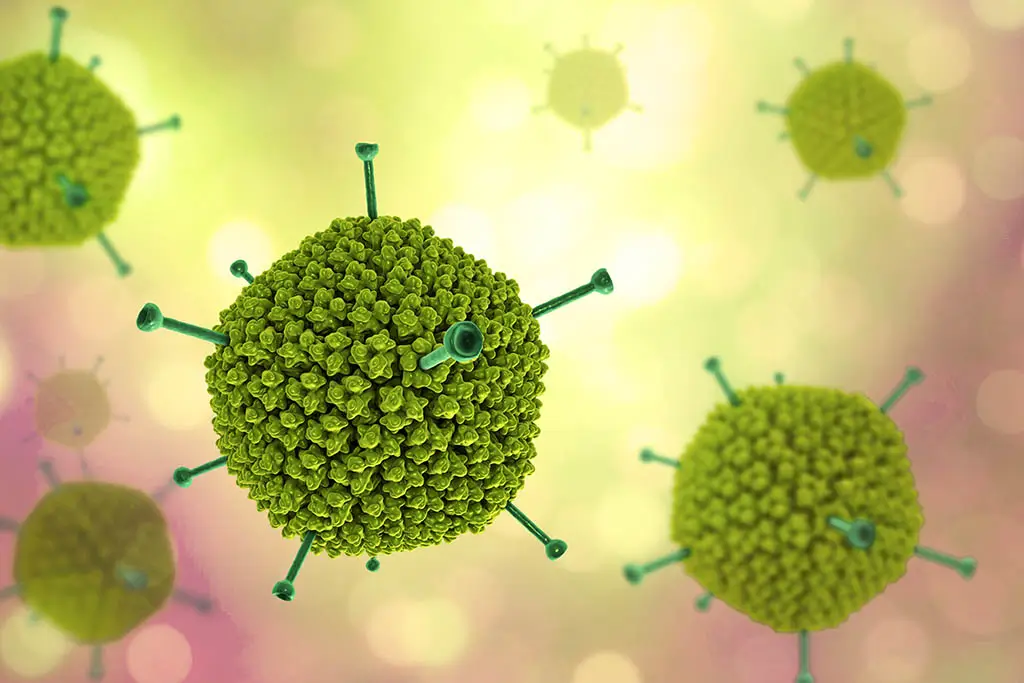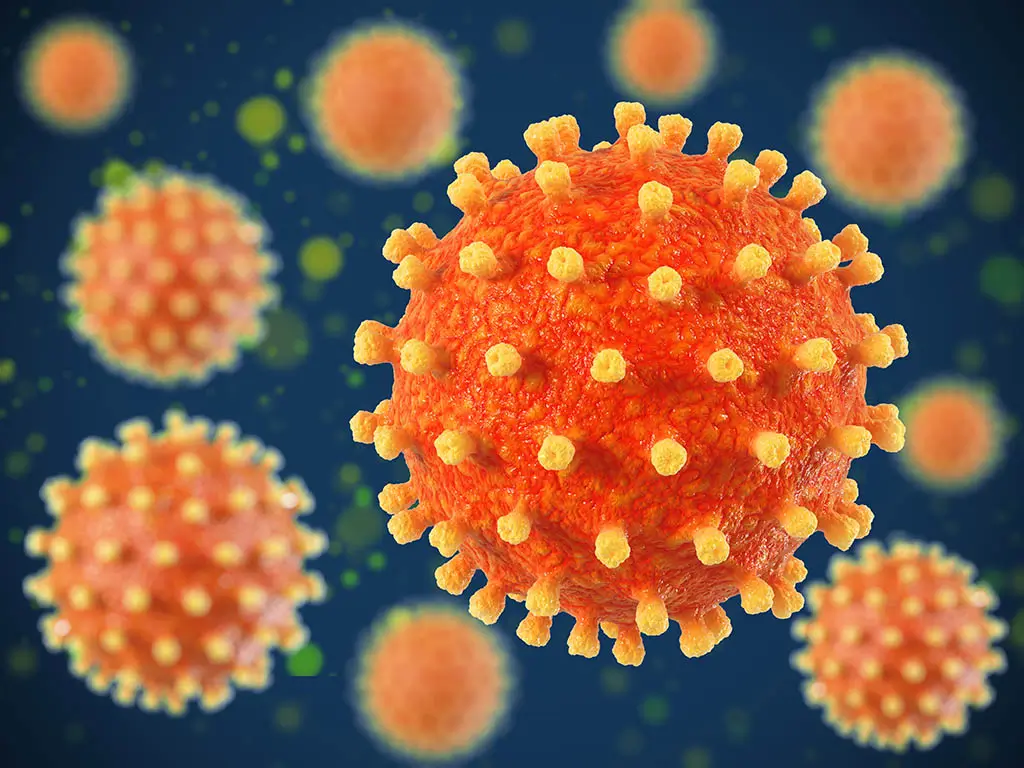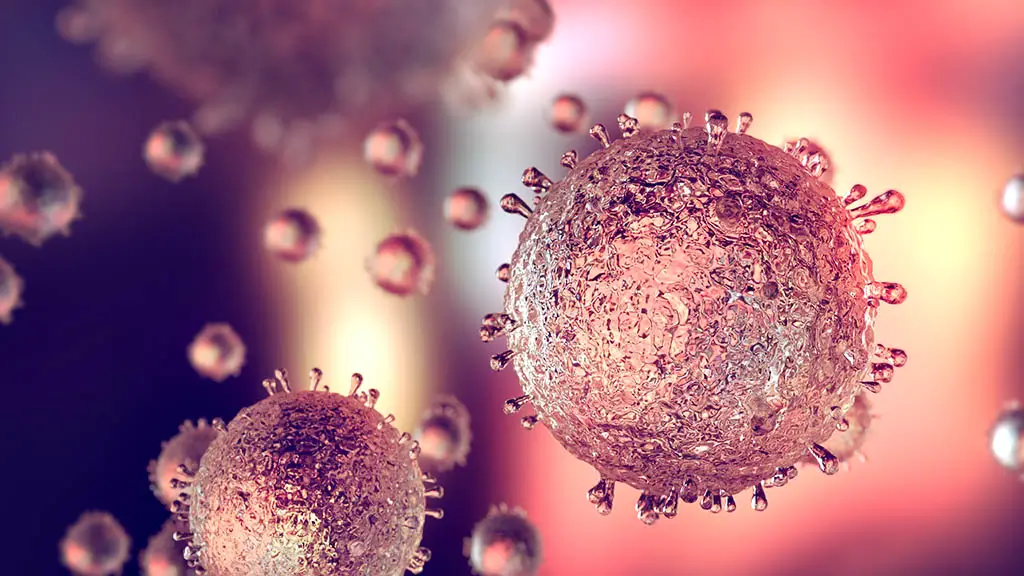Custom Viral Vector Development Services
Delivering next-generation viral vectors for breakthrough gene therapy research. From custom design to scalable production, we provide the tools that power your scientific discoveries.
A Comprehensive Viral Vector Portfolio
From industry-standard platforms to emerging technologies, we provide end-to-end support for all your viral vector needs.

Adeno-Associated Virus Vector
Low immunogenicity, ideal for in vivo gene therapy.

Lentivirus Vector
Efficiently infects dividing and non-dividing cells for stable expression.

Adenovirus Vector
High-titer, efficient transient expression for vaccine development.

Herpes Simplex Virus Vector
Large payload capacity, an ideal tool for targeting the nervous system.

Vaccinia Virus Vector
A powerful platform for oncolytic viruses and vaccine development.

Baculovirus Vector
Safe and efficient protein expression and mammalian cell gene delivery.
Our Collaborative Process
From concept to delivery, we provide a transparent, end-to-end workflow to ensure your project's success.
1. Consultation & Design
Our PhD-level scientists define goals, select the optimal vector, and design the perfect construct.
2. Vector Construction
We perform gene synthesis, subcloning, and endotoxin-free plasmid prep, all fully sequence-verified.
3. Virus Production
We use optimized, scalable protocols in bioreactors to maximize yield and batch-to-batch consistency.
4. Purification
Crude lysate is purified using methods like ultracentrifugation or chromatography for required purity.
5. Quality Control
Every batch undergoes rigorous QC, including titration, purity, sterility, mycoplasma, and endotoxin testing.
6. Delivery & Support
Vectors are shipped on dry ice with a comprehensive CoA, and our scientific support team remains available.
Find the Right Vector for Your Research
Dive deep into the technical specifications and applications for each of our core viral vector platforms.
Adeno-Associated Virus Vector (AAV)
The leading platform for in vivo gene therapy due to its excellent safety profile, low immunogenicity, and ability to mediate long-term, stable gene expression in non-dividing cells like neurons and muscle cells.
- Packaging Capacity: ~4.7 kb, ideal for single gene cassettes.
- Serotypes Available: AAV1, AAV2, AAV5, AAV6, AAV8, AAV9, AAV-DJ, and more for specific tissue targeting.
- Titer: >1x1013 VG/mL (Iodixanol Gradient or Chromatography).
- Key Applications: In vivo gene therapy (CNS, liver, muscle, eye), neuroscience research, animal model creation.
Lentivirus Vector (LV)
A versatile tool for robust and stable gene delivery to a broad range of cell types, including hard-to-transfect primary cells, stem cells, and non-dividing cells. Ideal for creating stable cell lines and for ex vivo gene therapies.
- Packaging Capacity: Up to 8 kb, allowing for larger genes or complex cassettes.
- Promoters: Constitutive (CMV, EF1a, CAG) and inducible (Tet-On) options available.
- Titer: Functional titers from 1x108 to >1x109 TU/mL.
- Key Applications: Stable cell line generation, CAR-T/TCR-T cell therapy, stem cell research, shRNA delivery.
Adenovirus Vector (Ad)
Delivers highly efficient, transient gene expression in a broad range of mammalian cells, regardless of their division status. Its large capacity makes it suitable for vaccine development and oncolytic applications.
- Packaging Capacity: Up to 7.5 kb (standard), up to 36 kb (helper-dependent).
- Serotype: Ad5 is the most commonly used serotype.
- Titer: High physical titers from 1x1011 to 1x1013 VP/mL.
- Key Applications: Vaccine development, oncolytic virus therapy, protein overexpression, Cre-Lox studies.
Herpes Simplex Virus Vector (HSV)
Large payload capacity and natural tropism for the nervous system make HSV vectors ideal for neurological applications and gene therapy targeting the central nervous system.
- Packaging Capacity: Up to 30 kb, ideal for large gene constructs or multiple genes.
- Neurotropism: Natural affinity for neurons and retrograde transport capabilities.
- Titer: >1x108 PFU/mL for amplicon vectors.
- Key Applications: Neuroscience research, CNS gene therapy, neural circuit tracing, oncolytic therapy.
Vaccinia Virus Vector
A robust platform for vaccine development and oncolytic therapy with excellent immunostimulatory properties and the ability to express multiple foreign genes simultaneously.
- Packaging Capacity: Up to 25 kb for multiple transgenes or large constructs.
- Immune Response: Strong immunostimulatory properties for vaccine applications.
- Titer: >1x109 PFU/mL with high stability.
- Key Applications: Cancer immunotherapy, vaccine development, protein expression, oncolytic virotherapy.
Baculovirus Vector
A safe and versatile system for protein expression in insect cells and gene delivery to mammalian cells with excellent safety profile and no replication in mammalian systems.
- Packaging Capacity: Up to 15 kb for large proteins or multiple genes.
- Safety: No replication in mammalian cells, excellent biosafety profile.
- Titer: >1x108 PFU/mL for transduction applications.
- Key Applications: Protein production, mammalian cell transduction, vaccine development, gene therapy research.
Other Viral Vectors
We also support emerging and specialized platforms. Contact us to discuss your specific needs for any of the following vectors.
Alphavirus Vector
Self-amplifying RNA vectors with high-level transient expression ideal for vaccine applications.
Flavivirus Vector
Engineered platform for vaccine development with natural immunostimulatory properties.
Measles Virus Vector
Oncolytic platform with natural tumor-targeting capabilities and immunostimulatory effects.
Foamy virus Vector
Safe retroviral vector with large capacity and no pathogenicity in humans.
Helper-dependent Adenoviral Vector
Gutless adenovirus with maximum cloning capacity and reduced immunogenicity.
Hybrid Adenoviral Vectors
Chimeric vectors combining advantages of different serotypes for enhanced targeting and transduction.
Our Recombinant Virus Products
High-quality, ready-to-use recombinant viral vectors to accelerate your research.
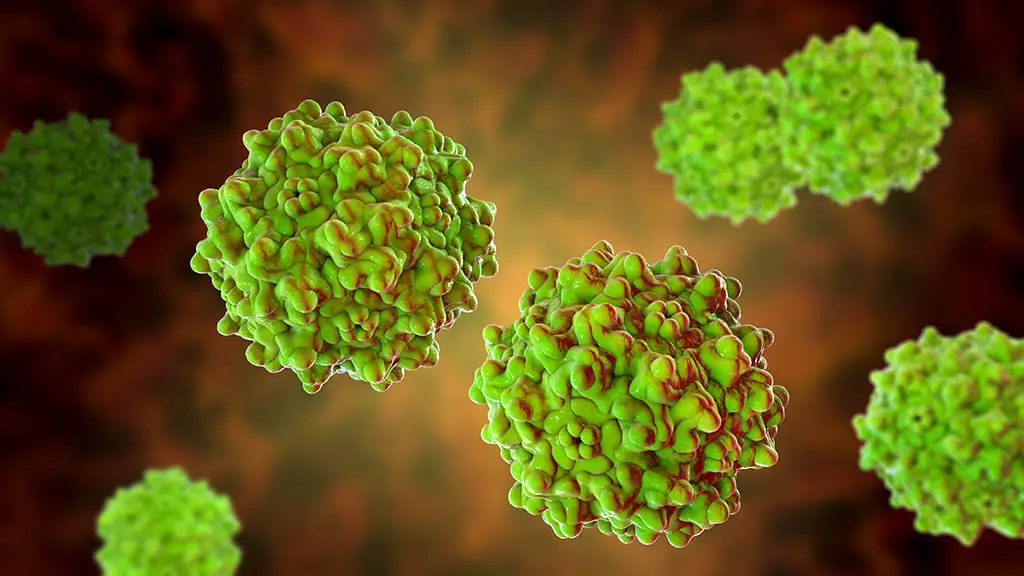
Recombinant AAV
Explore our extensive catalog of off-the-shelf AAVs, including various serotypes expressing reporters, Cre recombinase, and optogenetic tools.
Browse AAV Products →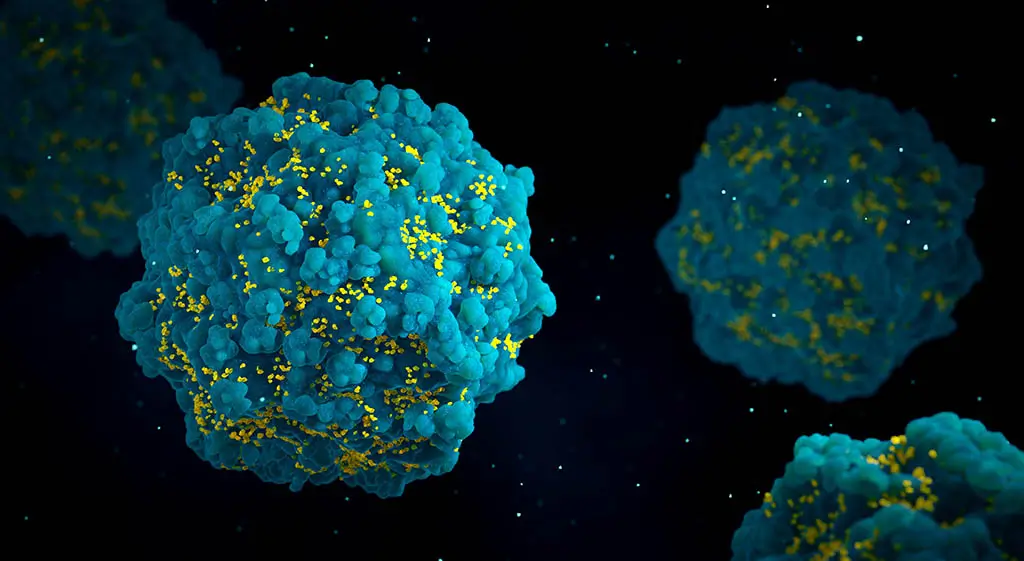
Recombinant Lentivirus
Ready-to-transduce lentiviral particles for gene overexpression or knockdown. Choose from a wide range of popular genes and shRNAs.
Browse Lentivirus Products →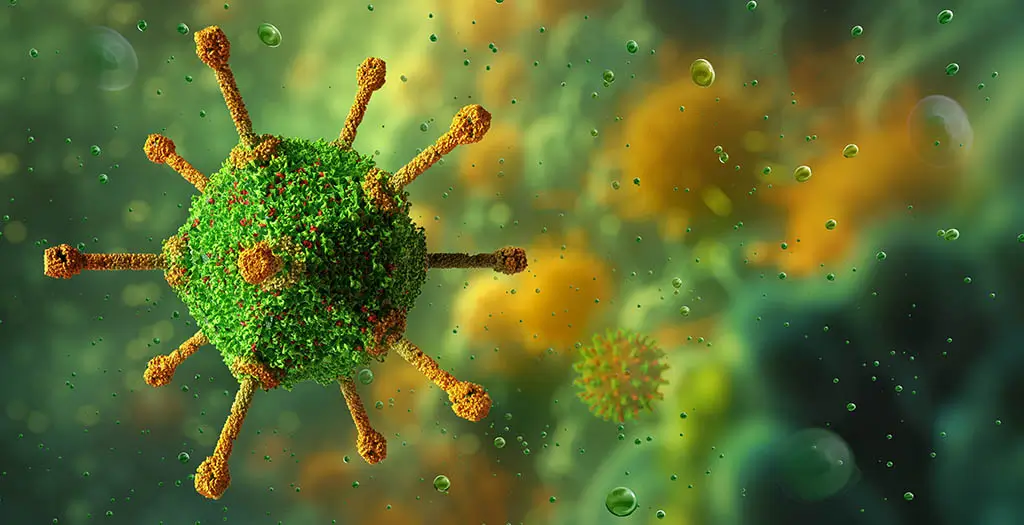
Recombinant Adenovirus
High-titer adenoviruses for efficient in vitro and in vivo gene delivery. Ideal for proof-of-concept studies and vaccine research.
Browse Adenovirus Products →The Creative Biolabs Advantage
Discover why leading researchers partner with us for their critical viral vector needs.
Unmatched Expertise
Our team consists of PhD scientists with decades of collective experience in virology and molecular biology, ensuring scientifically sound project design.
Rigorous Quality
We implement stringent, multi-step QC assays at every stage of production, delivering vectors of the highest purity, titer, and consistency, complete with a detailed CoA.
Flexible Customization
From vector backbone and promoter selection to purification grade, we offer fully customizable solutions tailored to your specific experimental needs and budget.
Dedicated Support
We act as your scientific partner, providing dedicated project management and post-delivery technical support to help you achieve your research milestones.
Our State-of-the-Art Platform
Powered by industry-leading equipment for reproducible, high-quality results.
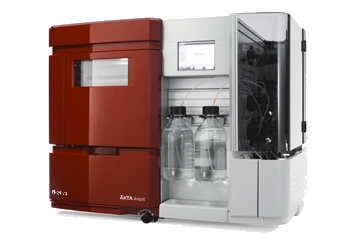
ÄKTA Avant Chromatography
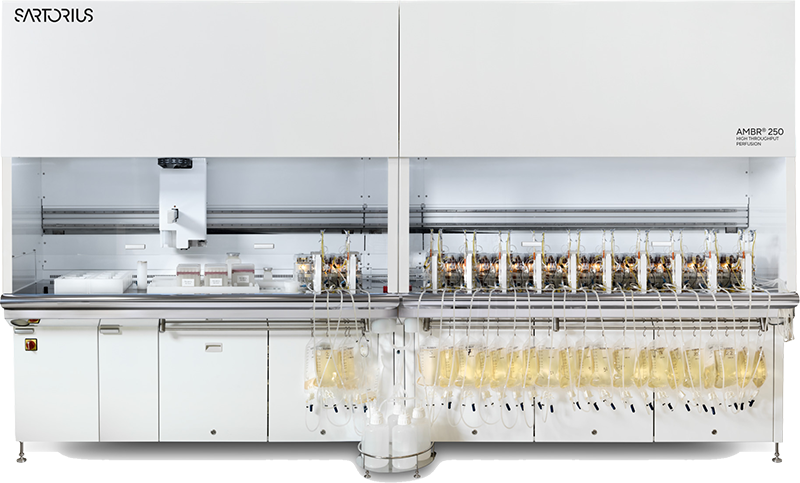
Sartorius Ambr® 250 Bioreactors
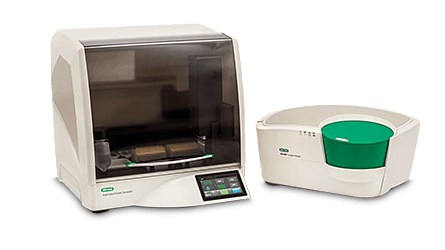
Bio-Rad QX200™ ddPCR System
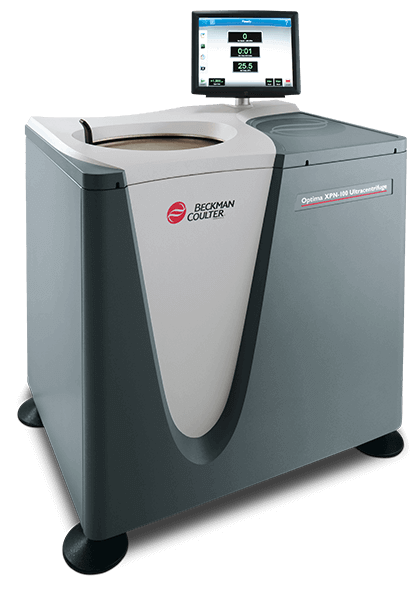
Beckman Coulter Optima XPN
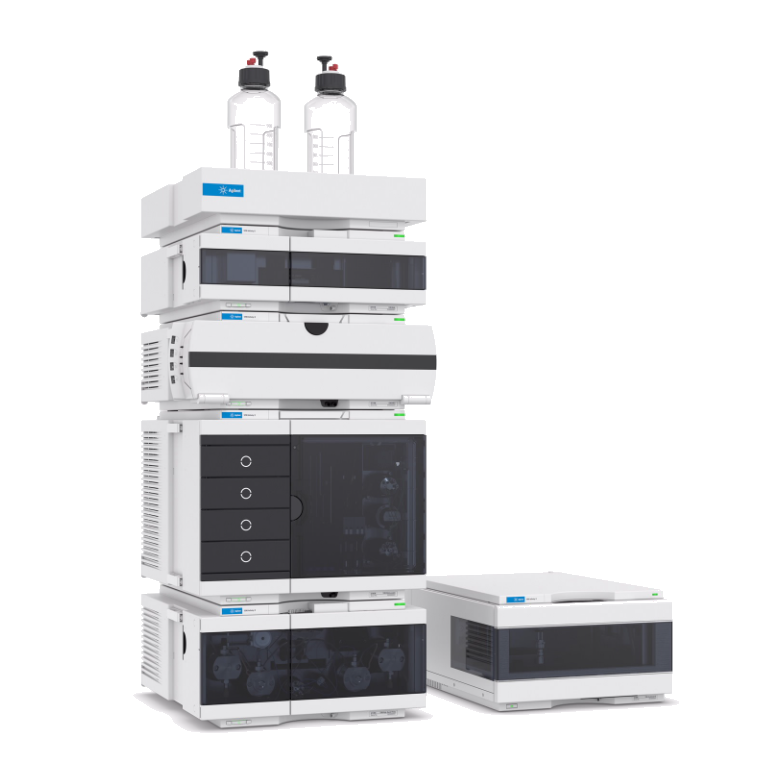
Agilent Infinity III HPLC
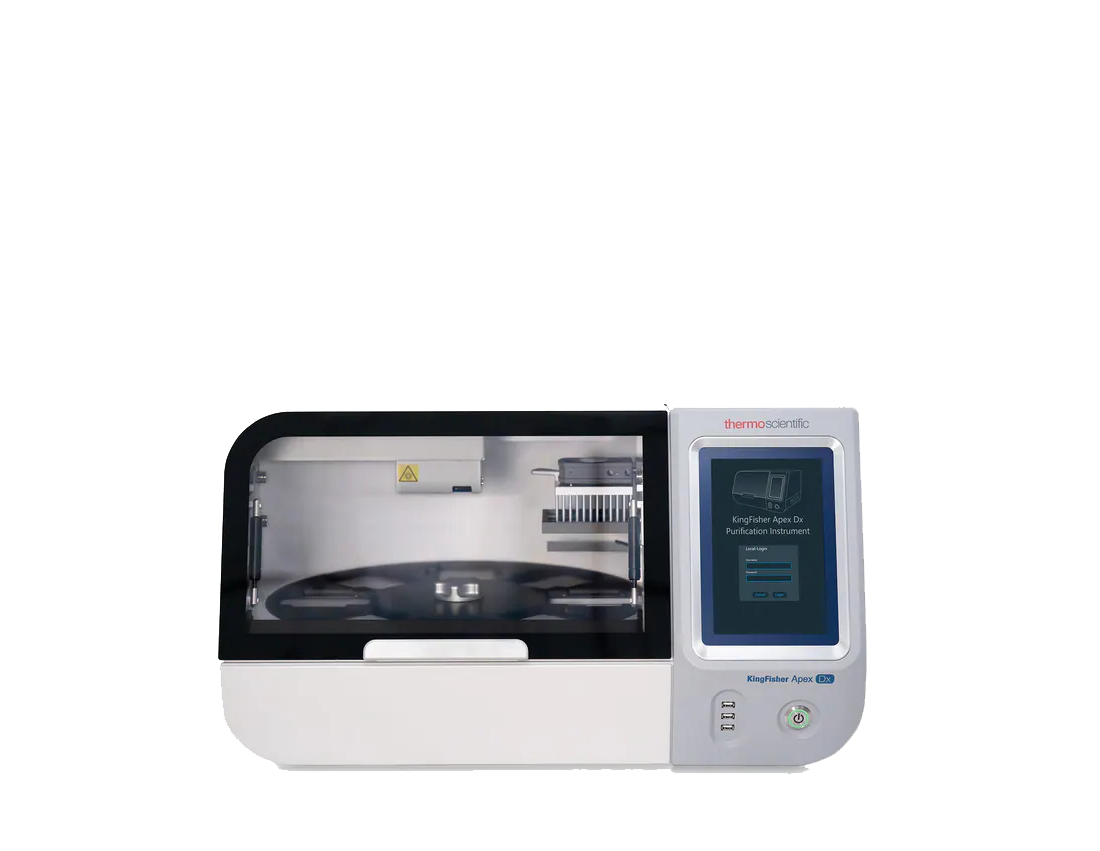
Thermo Fisher KingFisher™

ÄKTA Avant Chromatography

Sartorius Ambr® 250 Bioreactors

Bio-Rad QX200™ ddPCR System

Beckman Coulter Optima XPN
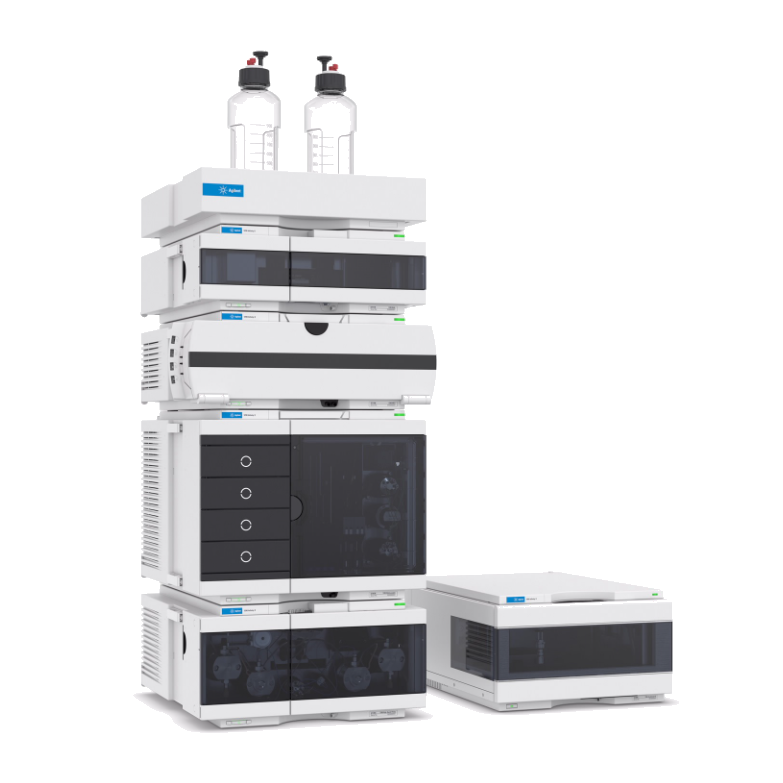
Agilent Infinity III HPLC

Thermo Fisher KingFisher™
Trusted by Global Innovators
We are proud to be a key partner for leading academic institutions and biotech companies worldwide.
"The AAV vectors from Creative Biolabs were of exceptional quality. The high titer and purity were critical for the success of our in vivo experiments. Their scientific support team was also incredibly knowledgeable and responsive."
Dr. Jane Doe
Principal Investigator
"Fast turnaround times and consistent quality. We switched to Creative Biolabs for all our custom lentivirus production and have been extremely satisfied. It has significantly accelerated our cell line development pipeline."
Dr. Michael Smith
Director of R&D
"The team's expertise in vector design was invaluable. They helped us optimize our construct for better expression, which made all the difference. A truly collaborative and scientific partner, not just a vendor."
Dr. Sarah Chen
Postdoctoral Fellow










.svg)











.svg)

Frequently Asked Questions
Have questions? We have answers. Find information about our processes, timelines, and services.
Research-grade vectors are produced under standard laboratory conditions and are suitable for basic research, in vitro studies, and preclinical animal work. GMP-grade vectors follow Good Manufacturing Practice guidelines with stringent quality controls, extensive documentation, and are produced in certified facilities suitable for clinical trials and therapeutic applications. GMP production typically takes longer and costs significantly more due to regulatory compliance requirements.
Yes, we provide scalable manufacturing from research quantities to commercial-scale production. Our facilities can handle batch sizes from milliliters to hundreds of liters using bioreactor systems. We offer flexible manufacturing agreements including campaign-based production, dedicated suites for long-term projects, and tech transfer services to help you establish your own manufacturing capabilities when ready.
Beyond standard titration and purity testing, we offer comprehensive analytical packages including vector genome integrity by sequencing, protein expression analysis, immunogenicity testing, biodistribution studies, and functional assays. We use advanced techniques like single-cell analysis, next-generation sequencing, and mass spectrometry. Custom analytical development is available for specialized applications.
Absolutely. We have expertise in developing vectors for various delivery routes including intravenous, intrathecal, intraocular, intranasal, and direct tissue injection. We can engineer tissue-specific targeting through capsid modifications, targeting ligands, or tissue-specific promoters. Our team stays current with the latest advances in vector engineering and can adapt emerging technologies for your applications.
Yes. Our process development team specializes in optimizing production yields, improving product quality, and reducing manufacturing costs. Services include cell line development, transfection optimization, purification method development, and scalability studies. We use Design of Experiments (DoE) approaches and advanced analytics to systematically improve processes. This is particularly valuable for moving from research-scale to commercial manufacturing.
Start Your Project Today
Tell us about your project, and our experts will get back to you with a customized quote and proposal.

